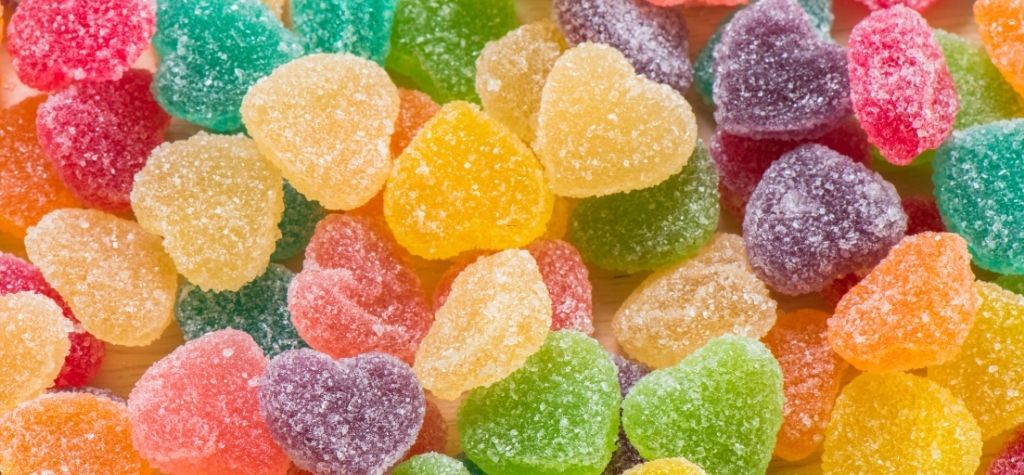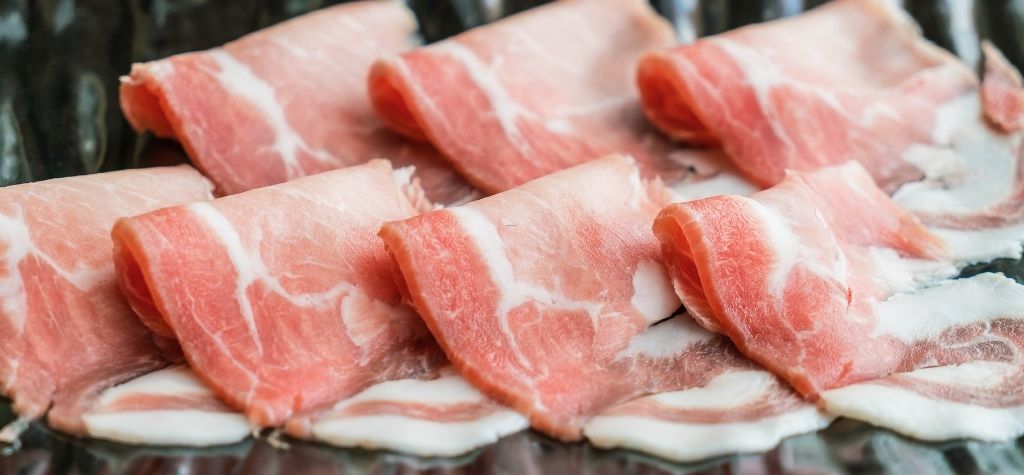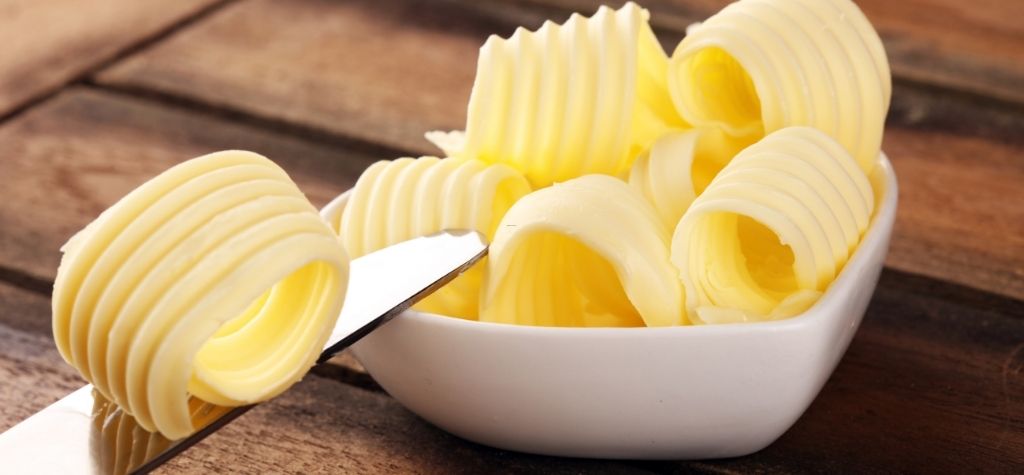Your eyes are among the most sensitive organs in your body—and just like your heart, liver, or skin, they depend heavily on the food you eat. While it’s easy to assume that vision problems are purely age-related, diet plays a massive role in determining how well your eyes function over time.
Poor dietary choices can cause inflammation, oxidative stress, and nutrient deficiencies—all of which silently contribute to issues like cataracts, dry eyes, macular degeneration, and even permanent vision loss. By becoming aware of the harmful foods in your diet, you can take the first step toward clearer, longer-lasting vision.
Nutrients Essential for Eye Health
To understand how food affects your eyesight, it’s important to know what your eyes need to stay healthy. The most important nutrients include:
- Vitamin A – Crucial for night vision and retina function.
- Vitamin C & E – Powerful antioxidants that protect against oxidative damage.
- Lutein and Zeaxanthin – Help filter harmful light and protect your macula.
- Zinc – Helps deliver Vitamin A to the retina.
- Omega-3 Fatty Acids – Reduce inflammation and protect retinal cells.
A lack of these can lead to long-term vision degradation.
#1: Sugary Snacks and Sweets

That donut or candy bar may feel like a treat, but it’s not so sweet for your eyes. High sugar intake increases the risk of diabetic retinopathy, a condition where blood vessels in the retina get damaged due to fluctuating glucose levels.
Why Sugar is a Silent Eye Damager
When you consume too much sugar, it triggers inflammation and glycation—two processes that deteriorate retinal health and increase the risk of cataracts and blurry vision.
Smart Swaps
- Fresh fruits like berries or apples
- Greek yogurt with honey
- Dark chocolate (minimum 70% cocoa)
#2: Deep-Fried Foods

Crispy fries and fried chicken might taste great, but they’re packed with trans fats and oxidized oils. These fats can increase your risk of macular degeneration and slow blood circulation to the eyes.
What Happens in the Eyes
Trans fats trigger systemic inflammation, reducing blood flow and starving your eye cells of oxygen and nutrients.
Healthy Cooking Alternatives
- Use air fryers instead of deep fryers
- Bake or steam your vegetables
- Cook with avocado or olive oil
#3: Processed Meats (e.g., Bacon, Hot Dogs)

Processed meats are loaded with sodium and preservatives like nitrates, which can impair blood flow to the retina.
Connection to Macular Degeneration
Studies suggest that diets high in nitrites and sodium increase the risk of age-related macular degeneration (AMD), especially when antioxidant intake is low.
Better Protein Options
- Grilled salmon or tuna (rich in omega-3s)
- Skinless chicken breast
- Legumes like chickpeas and black beans
#4: Margarine and Artificial Spreads

Often marketed as “heart-healthy,” margarine and similar spreads are typically rich in omega-6 fatty acids, which can be pro-inflammatory when not balanced with omega-3s.
Why Omega-6 Overload Hurts Vision
Too much omega-6 can lead to chronic inflammation, including within the retina, increasing the risk of dry eye disease and AMD.
What to Use Instead
- Natural nut butters (like almond or cashew)
- Avocado on toast
- Olive oil drizzled over vegetables
#5: Caffeinated Beverages in Excess

A morning coffee or tea is fine, but overdoing caffeine can lead to increased intraocular pressure—especially in people predisposed to glaucoma.
Caffeine’s Effect on Eye Pressure
High caffeine intake may constrict blood vessels and limit the eye’s ability to regulate fluid, increasing pressure on the optic nerve.
Tips to Stay Balanced
- Limit caffeine to 1–2 cups per day
- Drink herbal teas or water-rich fruits like cucumbers
- Stay hydrated throughout the day
#6: Alcohol Consumption

Alcohol may feel relaxing, but it depletes essential vitamins like A, B1, and C, and increases oxidative stress—leading to long-term issues such as optic neuropathy.
How Alcohol Affects the Eyes
Chronic drinking can blur vision, cause inflammation, and even damage the optic nerve.
Safer Drinking Habits
- Drink in moderation (1 drink/day for women, 2 for men)
- Increase intake of leafy greens and vitamin-rich foods
- Take antioxidant supplements if advised by a doctor
Hidden Dangers in “Healthy” Packaged Foods
Even foods labeled as “low fat” or “heart-healthy” can hide ingredients that hurt your eyes. These include:
- Added sugars
- Artificial coloring
- Preservatives like MSG or sodium benzoate
What to Look for on Labels
- Avoid “high fructose corn syrup”
- Steer clear of “partially hydrogenated oils”
- Limit anything with over 400mg of sodium per serving
FAQs About Foods That Harm Vision
1. Can poor diet really cause vision loss?
Yes, over time a poor diet can lead to diseases like macular degeneration and diabetic retinopathy that cause irreversible vision damage.
2. Are artificial sweeteners safer than sugar for eye health?
They may reduce blood sugar spikes, but some artificial sweeteners can disrupt gut health and inflammation—both of which impact the eyes.
3. How much sugar is safe for eye health?
The American Heart Association recommends no more than 25g for women and 36g for men per day, but even lower is better for vision.
4. Is coffee bad for your eyesight?
Moderate coffee intake is usually fine, but excessive caffeine can increase intraocular pressure.
5. What fruits and vegetables are best for eyes?
Carrots, spinach, kale, oranges, and blueberries are packed with eye-protecting nutrients.
6. Can I reverse eye damage caused by diet?
While some damage may be irreversible, improving your diet can slow or even stop the progression of certain eye conditions.
Conclusion: Protecting Your Vision Starts on Your Plate
Eye health isn’t just about genetics or regular checkups—it’s deeply tied to the food you eat every day. By avoiding sugary snacks, deep-fried foods, processed meats, and excessive alcohol or caffeine, you’re not just improving your general health—you’re preserving your precious vision.
Start small: read labels, swap in healthier alternatives, and load your meals with colorful, nutrient-dense foods. Your future self—and your eyes—will thank you.

